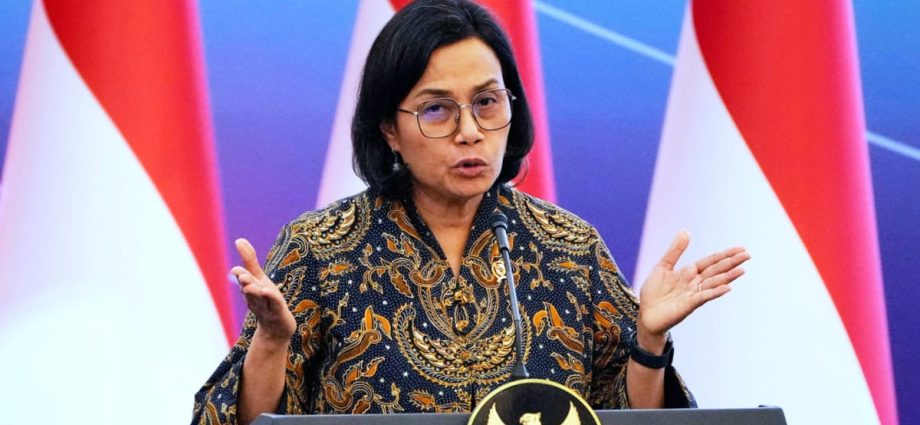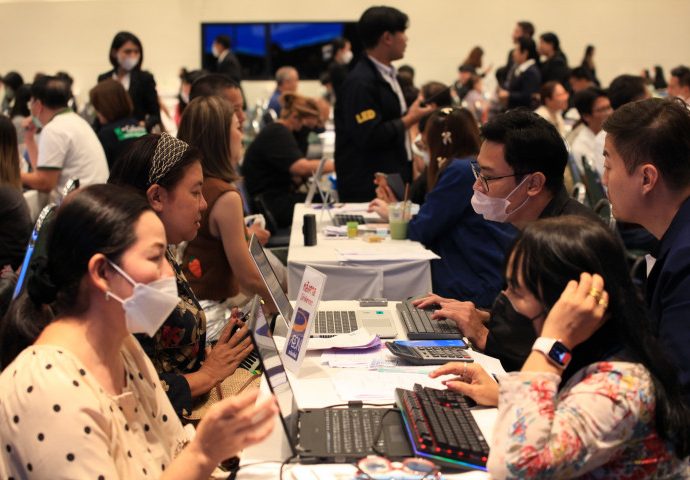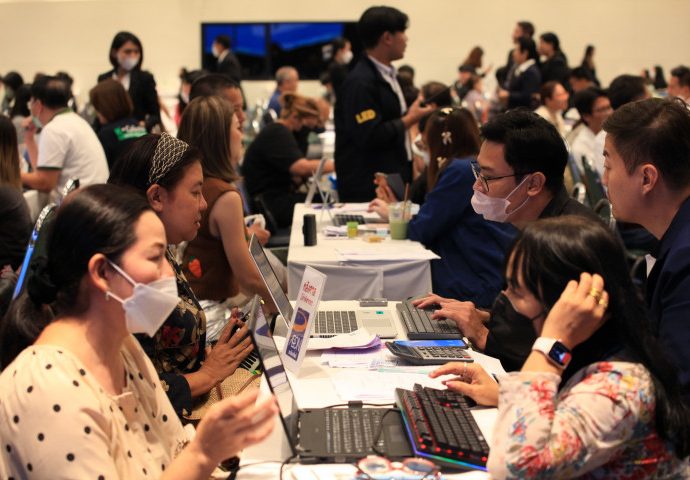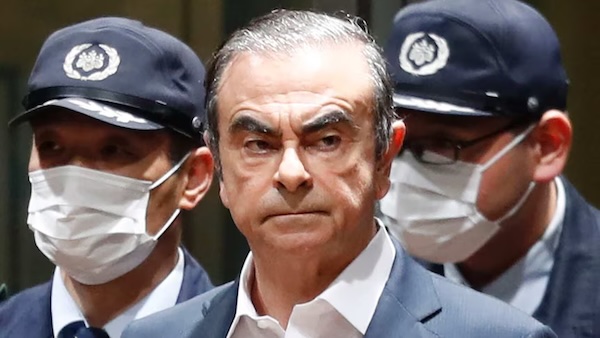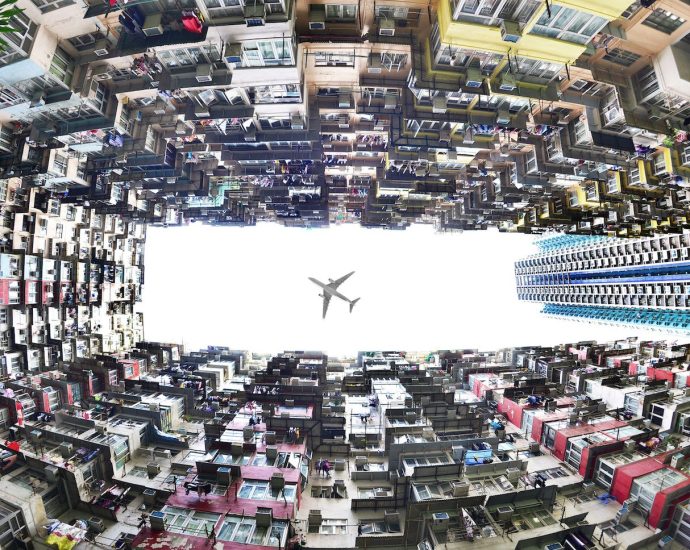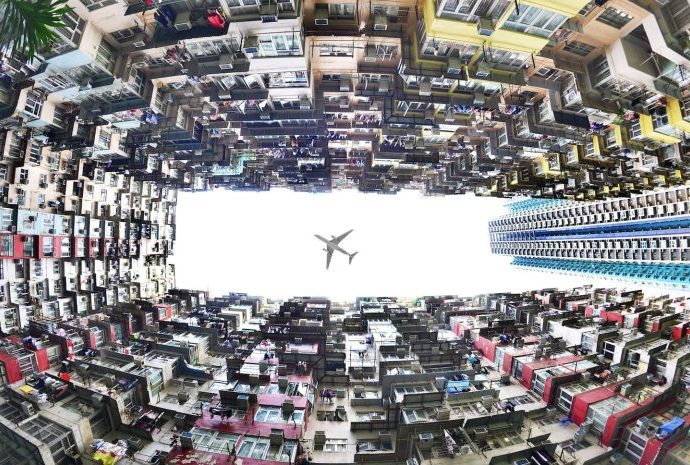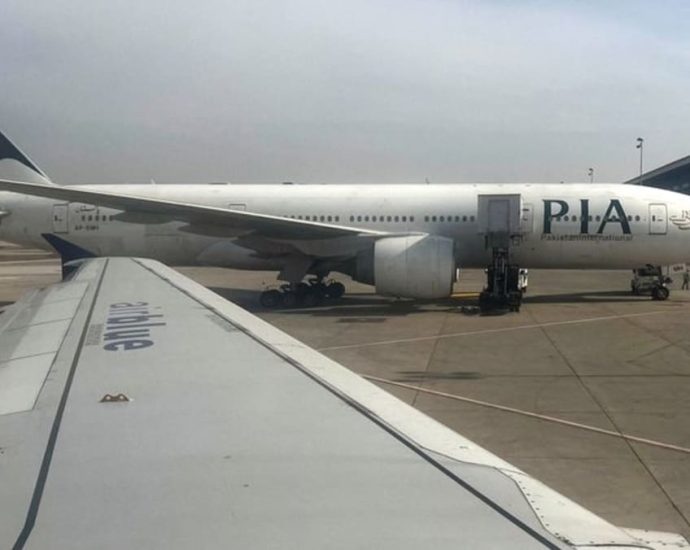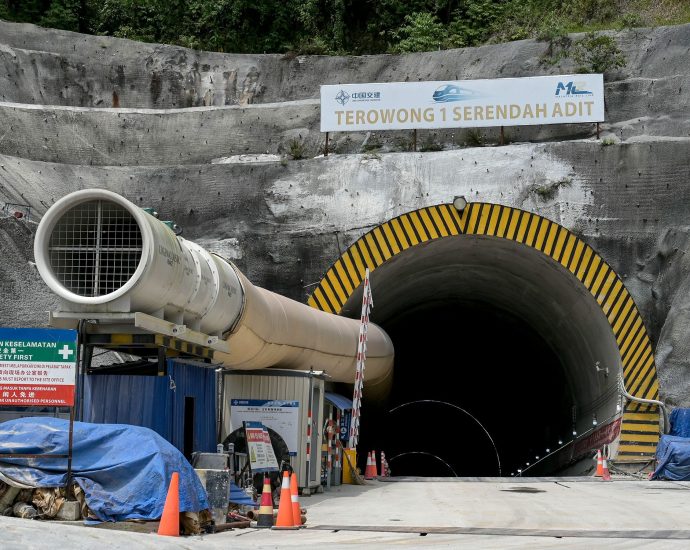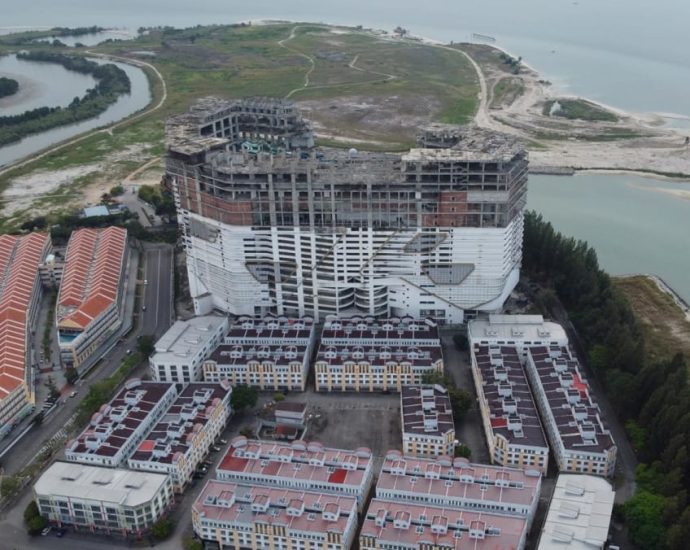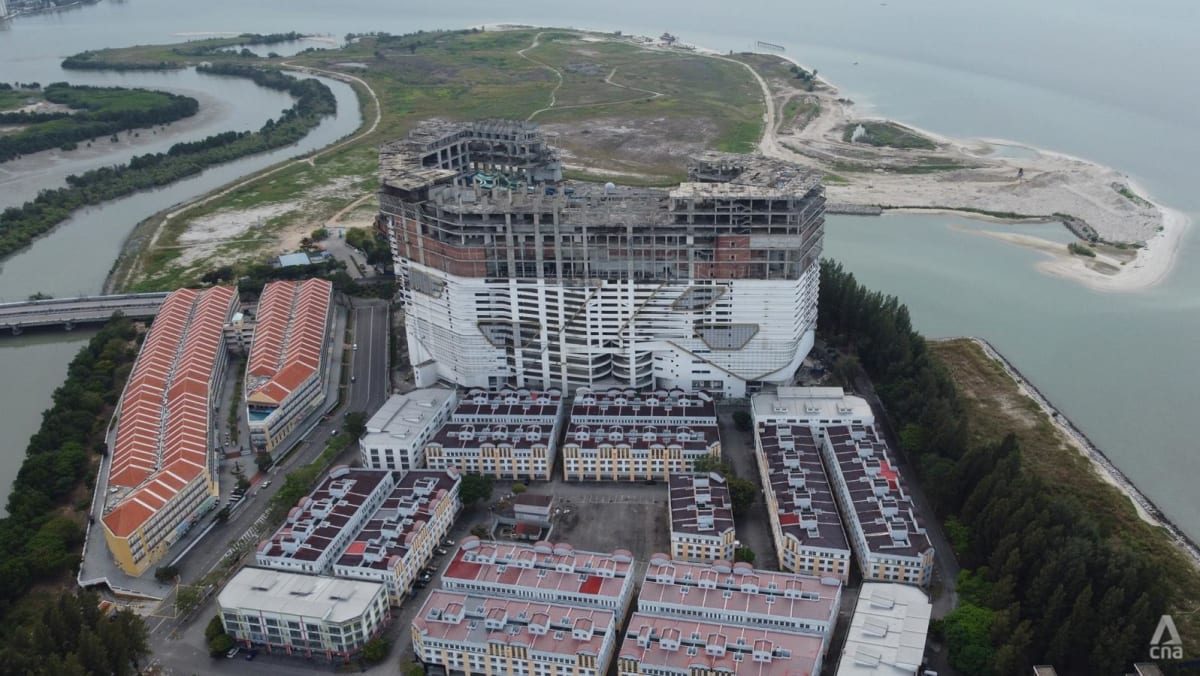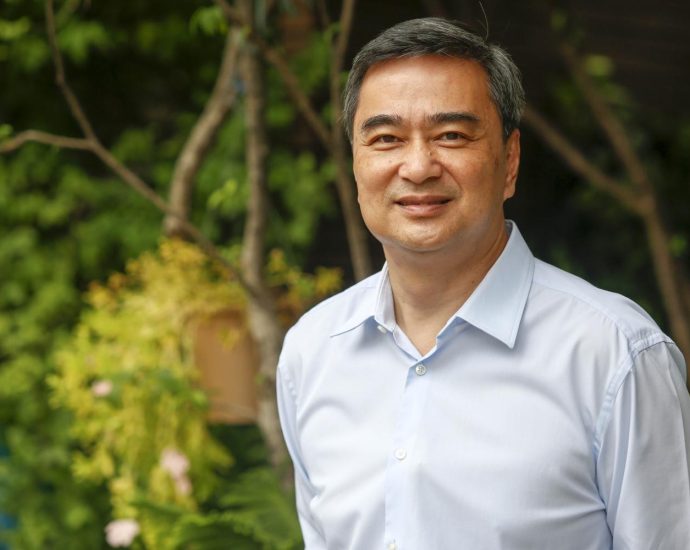US tariffs may cut Indonesia growth by up to 0.5 percentage points: Finance Minister
Indonesia has set a 5.2 % GDP growth target for this year, up from the 5.03 percent it achieved last year. But, President Prabowo Subianto wants to increase the rate of growth to 8 % by 2029. The US taxes will have a minimal impact on Indonesia’s economy, which dependsContinue Reading

